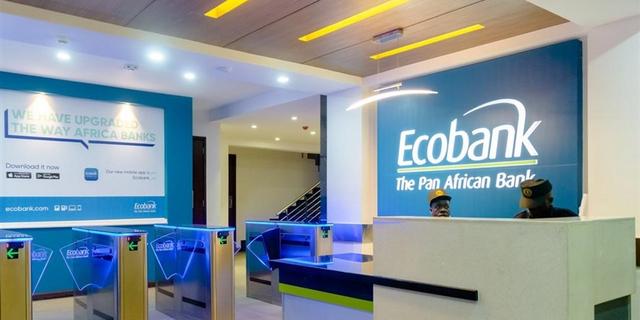The Nigerian Consumer Credit Corporation and Ecobank Nigeria have made an alliance to provide consumers with flexible and reasonably priced loans for a range of purposes, such as paying for school fees, rent, maintenance, medical bills, buying a car, fixing it, buying assets, and more.
Civil servants and private sector workers whose salaries are paid through Ecobank are eligible for the scheme, the bank said in a statement on Saturday.
“New customers can also benefit upon presentation of an employer undertaking to pay subsequent salaries through Ecobank. Starting this January, the initiative provides flexible repayment options and a streamlined loan application process,” part of the statement read.
Goal to increase Nigerian workers’ access to consumer credit
The goal of the federal government-established development finance organisation CrediCorp is to increase Nigerian workers’ access to consumer credit.
As part of the collaboration, CrediCorp will give Ecobank money to lend to eligible clients.
Personal loans and asset finance for things like solar panels, household appliances, phones, computers, etc., as well as vehicle conversions to compressed natural gas (CNG), are covered by the agreement.
Read also: Ecobank partners with Afreximbank to streamline cross-border trade in Africa
Ecobank expresses enthusiasm
Adeola Ogunyemi, Ecobank Nigeria’s head of consumer banking, expressed enthusiasm for the partnership and emphasised that it will improve access to financial products for wage earners in the public and private sectors.
She said, “This collaboration is an excellent opportunity to serve our customers, and we believe it will improve the quality of life for many Nigerians. Eligible customers can use the loans to purchase electronics, solar systems, or CNG vehicle conversions, as well as for other essential expenses like school fees, rent, upkeep, medical bills, and car maintenance. We encourage working-class Nigerians to open an account with Ecobank to benefit from this initiative.”
The loans have two-year terms, reasonable interest rates, and a repayment schedule that guarantees that principal and interest payments remain constant at the same monthly rate for the duration of the facility, irrespective of the nation’s economic circumstances.















